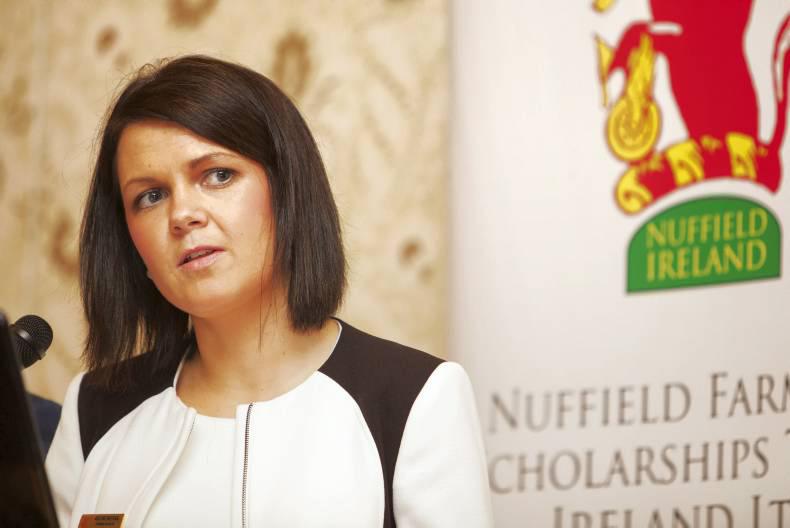“I am looking at buying a house and my parents have offered to gift or lend the money to me, whichever makes most sense from a tax point of view. How should we structure the purchase? Who should pay the deposit/buy the house? Is there mortgage relief?”
I have had several cases recently in my legal practice of parents either lending money and/or gifting money to children in order to enable them to purchase a dwelling house. There are several legal, tax and practical considerations to be weighed up, some of which are as follows:
Purchase of property in parents’ name – gift of house by parent
Dwelling house relief: A child can be gifted/inherit up to €310,000 (up from €280,000 in the Budget) tax free from their parents during their lifetime. However, if a child has used up the threshold or wishes to keep this threshold to shelter other gifts / inheritances, they could qualify for Dwelling House Relief.
This relief provides that a gift / inheritance of a dwelling house (including one acre) occupied by the child as his only or main residence for a period of three years immediately preceding the date of gift/inheritance is exempt from CAT.
If the parent lives in the dwelling, the period of occupation by the child will not be counted towards the three years needed for relief unless the parent was elderly (65 years) and/or infirm, therefore dependant on the child’s services.
The child must not be beneficially entitled to any other dwelling house. If the child is less than 55 years of age, he/she must retain and continue to occupy the house as his/her only or main residence for a period of six years after the gift/inheritance.
However, the Committee Stage Amendments to the Finance Bill, published recently, included amendments to Dwelling House Relief which would see it abolished for gifts – consequently, anybody currently qualifying for the relief should take steps to ensure the dwelling house is gifted before the Finance Act is published.
Free use of property
Another factor to be mindful of if the house is owned by your parents is tax arising on free use of property.
Revenue published guidance on the issue in eBrief No 109/14, which provides that non-exclusive occupation of a family home by a child of any age or free use of house by a child not more 25 attending college is exempt from CAT.
Consequently, where a child 25 years or more has free use of a dwelling house indefinitely, a taxable annual gift arises equivalent to the annual market rent receivable.
Purchase of property in child’s name – loan of money
Income tax rebate for first-time buyers: The most recent Budget introduced an income tax rebate, the Help-to-Buy incentive, to help first-time buyers of newly built homes to fund the deposit required. It will consist of a rebate of income tax paid over the previous four years.
To qualify for the scheme, applicants must take out a mortgage of at least 80% of the purchase price. For new homes costing up to €400,000, a rebate of up to 5% of the purchase price will be available with the maximum relief being €20,000. This incentive is intended to apply with effect from 19 July 2016 and will run until the end of 2019.
Revenue guidance provides that to make a claim you must enter various details when the online application is available, including details of the mortgage institution and mortgage approval details (including loan-to-value ratio) which would seem to indicate that it may not be available where the money is lent by parents rather than a financial institution.
Additional information will be provided when the online application is available from 3 January 2017.
Loan agreement and free use of money
A charge to gift tax arises where a person has free use of money.
Consequently, interest should be charged by the parent on any money lent in order to avoid any potential gift tax.
For example, your parents give you an interest-free loan of €300,000 on 1 January 2017. The highest rate of return your parents could obtain on investing the funds on deposit is, say 1.5%.
You would be deemed to take a gift of €4,500 on 31 December.
You are also deemed to take a gift each year on 31 December, until the loan is repaid unless you pay the equivalent interest your parents could obtain on investing the funds. However, you may avoid having to pay interest and not incur any gift tax liability if the level of interest payment would not exceed €6,000 in any one year.
That is because a person can be gifted up to €3,000 from each parent each year, known as the small gift exemption, without incurring Capital Acquisitions Tax.
Mortgage interest relief
Mortgage interest relief is a tax relief based on the amount of qualifying mortgage interest that you pay in a given tax year for your principal private residence.
Mortgages taken out after 31 December 2012 do not qualify for mortgage interest relief. However, if you are a first-time buyer, you may be entitled to claim First Time Buyers Relief, which is a refund of Deposit Interest Retention Tax for properties purchased/self-built between 14 October 2014 and 31 December 2017.
While mortgage interest relief was due to be abolished entirely after 31 December 2017, it will now be retained beyond this date, on a tapered basis, details of which will be announced in Budget 2018.





SHARING OPTIONS